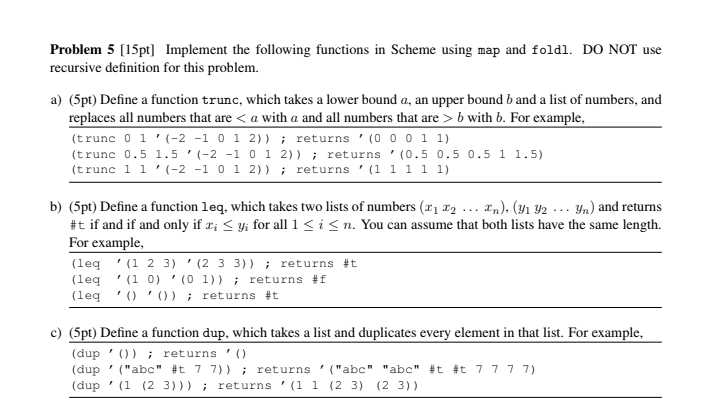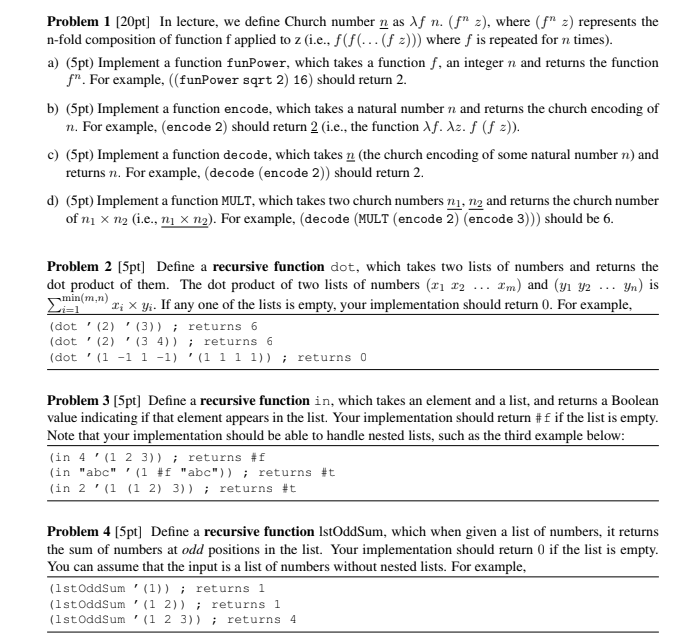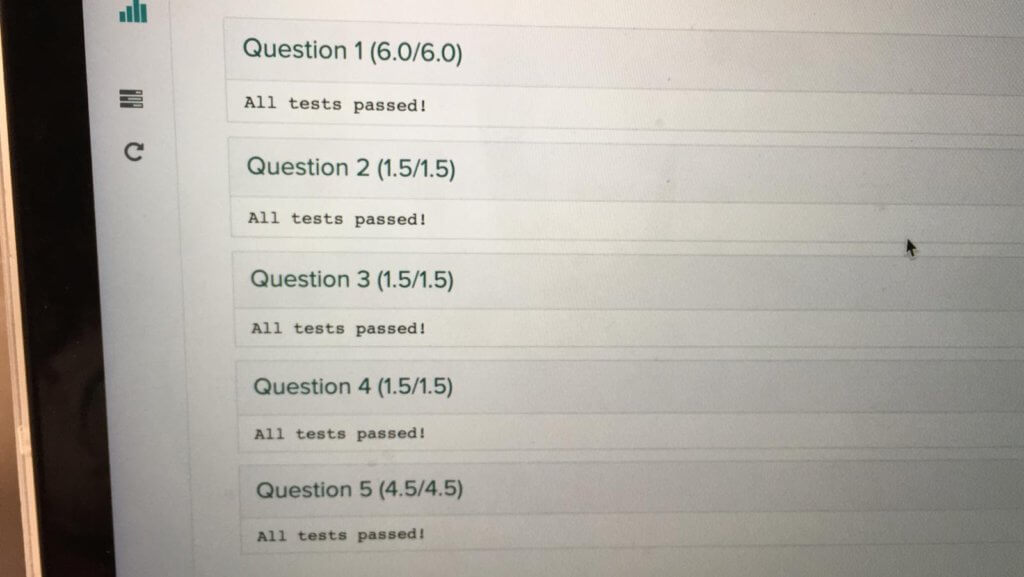Project Description
The DrRacket is an exclusive and attractive language for beginners and higher experts. It is a sophisticated programming language which helps to build very large applications. It is very much helpful for students or talking to a beginner, you don’t need to bother much.
The DrRacket environment also defines a group of sub-languages within the Racket — which have rights of their own — It is most helpful for beginners specifically called as Beginning Student Language (BSL), etc. These are probably the languages you want. Racket is virtually unique in defining and enforcing such sub-languages, with programming environment support for them. These are indeed excellent for learning programming.
If you need an expert team to deal with BSL or Racket or sub-languages have a LIVE CHAT or UPLOAD your requirement here
How well and effortlessly you can learn this programming >?
Well it’s not so tough even for students or beginners but your interest matters to achieve. It is thus worth it.
If you’re asking because you (or someone you know) is about to head to college and you’ve found that they are one of the several places that use Racket in their introductory course, then I suggest reading the README file I write for my course, which answers these questions in more detail. (The 2018 version talks about Pyret, but you can safely replace Pyret with Racket everywhere. Students actually begin in Racket before switching to Pyret.)
Racket is a derivative of Scheme, which in turn is a derivative of Lisp. It’s essentially a functional programming language. Like all Lisps, Racket is characterized by the following features:
- It is homoiconic, i.e., its code and data have the same basic representation.
- This representation looks like lists of elements surrounded by parentheses. This makes the syntax rather weird-looking.
- It has a powerful macro facility which makes Racket great for creating DSLs (domain-specific languages). In other words, Racket is very extensible.
- It is very keen and pleasant having a special IDE
Arguably, it’s worthwhile as a first language. Many people are turned off by Lisp syntax. And it’s not really the ideal way to learn object-oriented programming, the most important and widely used programming paradigm in the world.
BELOW is the score achieved after a successful submission of a code. It means it does have certain test cases which needed to be achieved and all have to pass.
How can you achieve?
#lang racket
; problem 1
; a
(define (funPower f n)
(if
(equal? n 0)
(lambda (x) x)
(lambda (x) (f ((funPower f (- n 1)) x )))))
 ; b
; b
(define (encode n)
(lambda (f) (lambda (z) ((funPower f n) z))))
; c
(define (decode n)
((n (lambda (x) (+ x 1))) 0))
; d
(define (MULT n1 n2)
(encode (* (decode n1) (decode n2))))
; problem 2
(define (dot x y)
(cond
((null? x) 0)
((null? y) 0)
(else (+ (* (car x) (car y)) (dot (cdr x) (cdr y))))))
; problem 3
(define (in x lst)
(cond
((null? lst) #f)
((equal? x (car lst)) #t)
((list? (car lst))
(if (in x (car lst))
#t
(in x (cdr lst))))
(else (in x (cdr lst)))))
; problem 4
(define (lstOddSum lst)
(cond
((null? lst) 0) ; empty list
((null? (cdr lst)) (car lst)) ; only one element (it’s odd)
(else (+ (car lst) (lstOddSum (cddr lst)))))) ; more than one element (add the first one – skip the second one)
; problem 5
; a
(define (trunc a b lst)
(map (lambda (x) (
cond
((< x a) a)
((> x b) b)
(else x)
)) lst))
; b
(define (leq lst1 lst2)
(foldl (lambda (a b) (and a b)) #t
(map (lambda
(pair)
(<= (car pair) (cadr pair)))
(car
(foldl (lambda (y x)
(list
(cons (list y (caadr x)) (car x))
(cdadr x)
))
(list ‘() lst2) lst1)))))
; c
(define (dup lst)
(foldl
(lambda (x y) (append y x))
‘()
(map (lambda (x) (list x x)) lst)))
/box]
We are expert in Racket programming, Scheme , Prolog, LISP and all kinds of functional programming. Connect us now via WHATSAPP
Project Details
- Date October 17, 2020
- Tags Programming, Racket Programming, Scheme programming



Comments are closed.